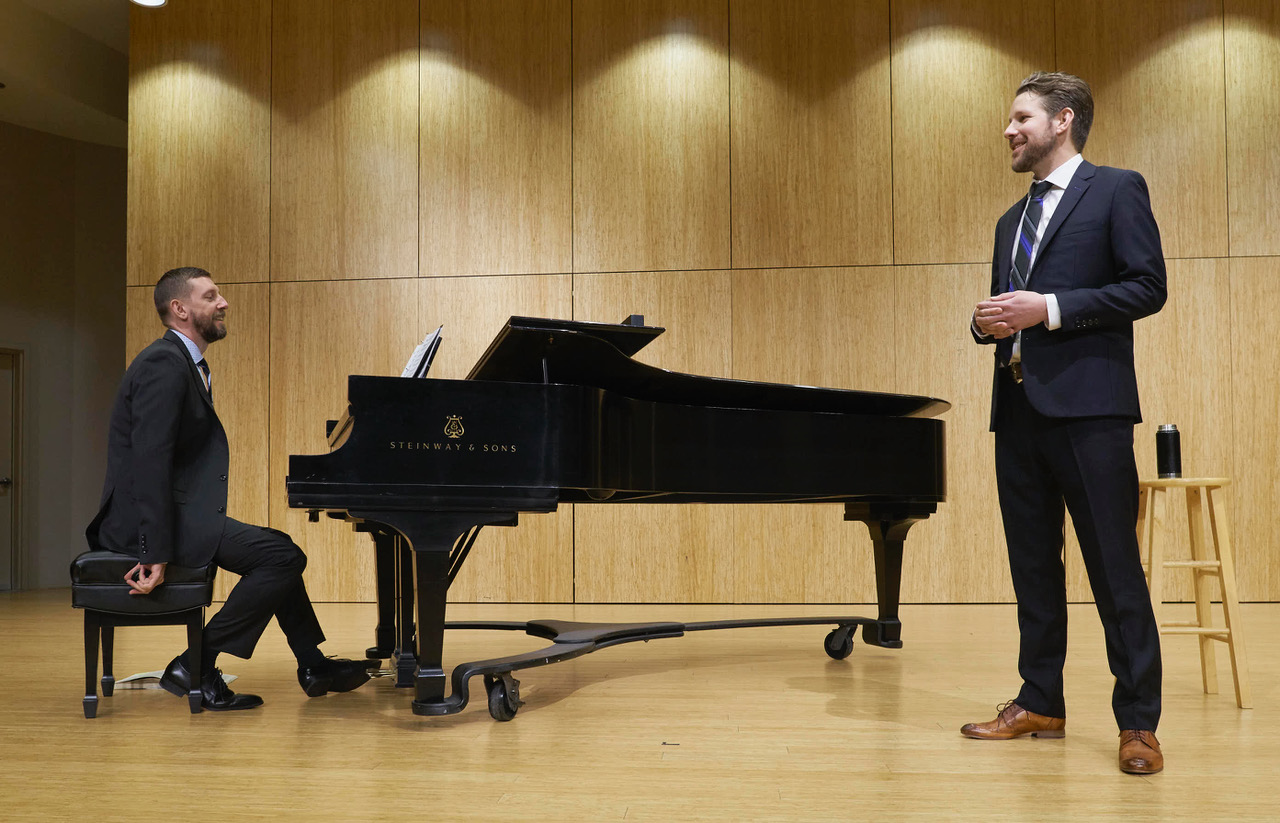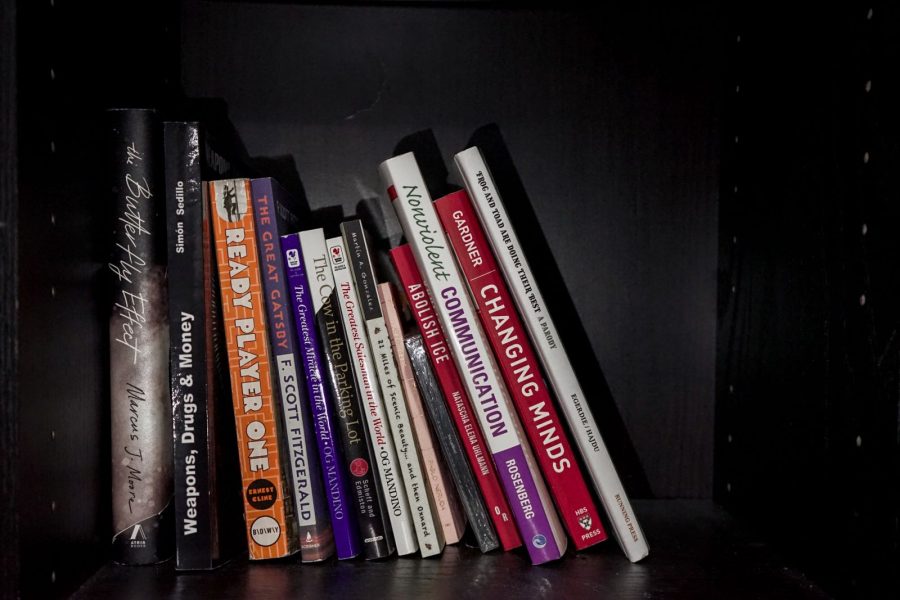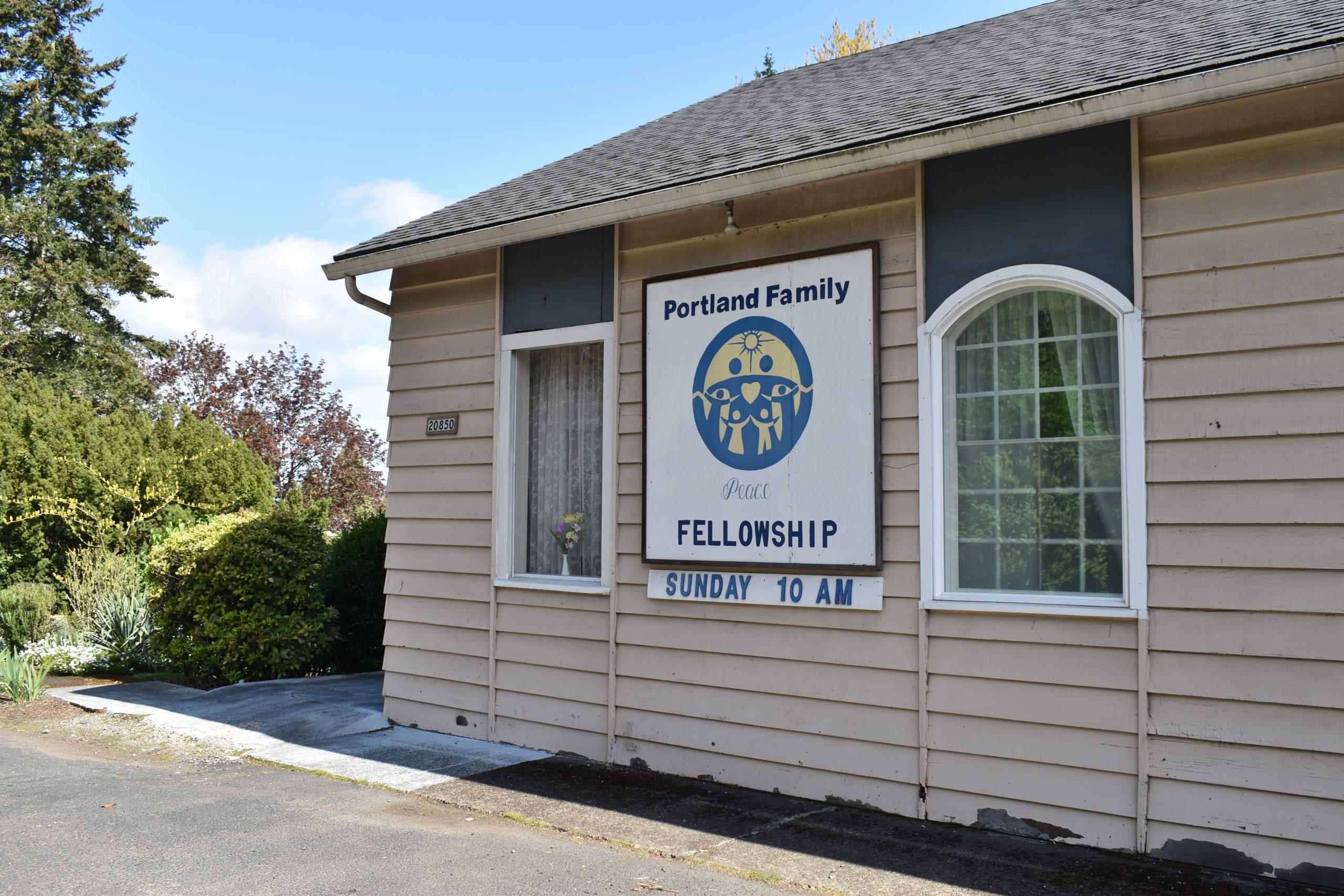Chuck Dillard is an associate professor of collaborative piano at Portland State. He is also the music director for the PSU Opera and the founder of the non-profit organization Queer Opera. Originally from South Carolina, Dillard came to PSU in 2016 to create the university’s collaborative piano graduate program.
Dillard will speak in The Arts at the Vanguard of Change, a conversational series hosted by PSU’s college of the arts. At this event, PSU faculty “who demonstrate equity of expression, scholarship and creativity will share their radically inclusive ways of seeing their disciplines and, by extension, the world,” stated the description on PSU’s website.
Portland State Vanguard spoke with Dillard to learn more about his work at and around PSU and about opportunities for students to get involved with PSU’s School of Music & Theatre.
VG: What is collaborative piano?
Dillard: So… if you imagine what a pianist does, a collaborative pianist does everything other than playing by themselves. And so they play with singers, they play with violinists or flutists, they play with a choir for rehearsal or concerts. They work with operas, or they might play a keyboard part in a band or orchestra.
We used to be called accompanists back in the day, but that is a subservient-sounding role. And so collaborative pianist makes it sound a little bit more equal, which it is. We’re working just as hard as the people that we’re playing with.
VG: Why might a student be interested in a graduate degree in collaborative piano?
Dillard: In almost every area of music performance, a piano is needed in one way or another. Maybe not in an orchestra or in a band, but in every voice performance, every violin recital, every opera rehearsal needs a piano. And training students to be in those roles of service and performance is what collaborative piano is all about.
It’s also because these skills are really needed in the music profession. It provides students with a pretty easy school-to-employment kind of path, because there is always work for these kinds of pianists.
For pianists that focus on just solo performance—although there’s absolutely nothing wrong with that—it is much harder to go from school to employment, unless you’re just planning to teach piano lessons out of your home. If you want to be a world-class solo artist, that is a much harder path. But you can be a world-class collaborative pianist. There’s always room for that in one way or another.
VG: What does your day-to-day look like as a professor of piano here at PSU?
Dillard: My specific position allows me to work with students one on one, to work with them as a group, to work alongside them. So I’m not only teaching them as, like, an authority figure, but I’m also performing with them. Like a student singer and I—we are giving a concert this Sunday together—and we’re partners rather than teacher and student.
I like that every day of my work life at PSU is different. I might start with a… repertoire class, and then I might teach a pianist, and then I might rehearse with a flute player, and then I might have a rehearsal with a colleague, and then I might have an opera rehearsal at the end of the day. And every single day is different…
I enjoy that the student body are nontraditional students, that they bring really unique perspectives and very unique personalities to everything. I think it makes teaching at PSU a lot more interesting than at more traditional universities… [who] have more traditional student bodies.
And I think that also means that the students that leave PSU create a more interesting world, rather than perpetuating the status quo. I think we’re actually doing a good job at diversifying and just making the world a little bit more colorful based on the students that we’re graduating.
VG: Can you tell me about the PSU Opera, and what it’s like being a part of this group?
Dillard: Every year we have auditions for the opera program and we have a lot of opera students that fill out the main roles, but we also have chorus roles, like smaller roles in the show, that are often hard to fill. And so I would encourage anyone that might be interested in being on stage—anyone that can sing, that enjoys being on stage, being dressed up in costume, being under the lights and all of that—to audition for our opera chorus.
It is a lot of work, a lot of time, but it’s also a really great way for students to be a part of a community that has a goal to go towards performance…You don’t have to pay for it, you don’t have to register for it. All you have to do is audition and then commit to be at all of the rehearsals.
VG: What is Queer Opera and how is it connected to PSU?
Dillard: [Queer Opera] is a PSU initiative. It’s housed under, it’s held at PSU. We use the facilities at Lincoln Hall. And initially all of the singers except one came from the PSU student body, but each year we have grown. It’s open to anyone in the world that wants to come.
We normally meet for about 10 days every beginning of September before school starts. And we will have three shows. One show will be of songs and the songs are… individuals that are presenting poetry through music that speaks to them.
So it’s not necessarily about relationships. It’s about a connection of an individual to the audience. And then the other two shows are what we call opera scenes. And so they are small chunks of an opera, because we don’t have the time or the budget to do a whole opera. But we’ll do like a 15- [or] 20-minute opera scene that shows a relationship between two people in that final concert.
VG: How did Queer Opera start? What inspired you to found this organization?
Dillard: [Opera] is generally almost a 100% heteronormative and cis[gender] in terms of the stories that are being told on stage… And so a lot of music students that were being placed in opera roles—and I’ve seen this for my whole career—were being… expected to play straight characters when they themselves do not necessarily identify as such, or [play] female characters when their genders don’t align with that.
And for a lot of these singers, that was very uncomfortable. And even though they would do it, it was another layer of acting that they had to do. If the Romeo in Romeo and Juliet is gay, then he not only has to pretend to be straight, he has to pretend to be Romeo. And so it’s just like an extra barrier.
And so what I decided to do was create this opera program where I choose the singers and they tell me, ‘I identify as this and this, and I want to be in a relationship on stage with this kind of a person.’ They would still be playing a character like Romeo and Juliet, for example, but they would be able to portray the relationships that are really authentic to who they are.
VG: What are the goals of Queer Opera? What do you hope it will provide for the performers and for the audience?
Dillard: One thing that is important to me is that the music be at a high level, so that no one can fault us for just playing the queer card and not playing, like, the artistry card. Like, we want to be artists who happen to be queer. And so it’s not… like anyone can come and join just because they happen to sing… They need to be trained singers. The scenes that we do are in other languages. So they have to know, like, French, German, Italian—things like that—in order to participate…
The purpose is to tell queer stories, but we have plenty of straight allies that join us, because I identify as queer myself, and I’ve been telling straight stories, like, my whole life, because that’s the world we live in—it’s heteronormative. And so we didn’t want to make it exclusive to people that only identify as queer.
And the allies that have been a part of the program have found it really fascinating to push themselves to be telling stories that don’t align with who they are. Because outside of that—in regular opera—they are telling straight, cis stories, and in Queer Opera they get to practice telling a different kind of story.






